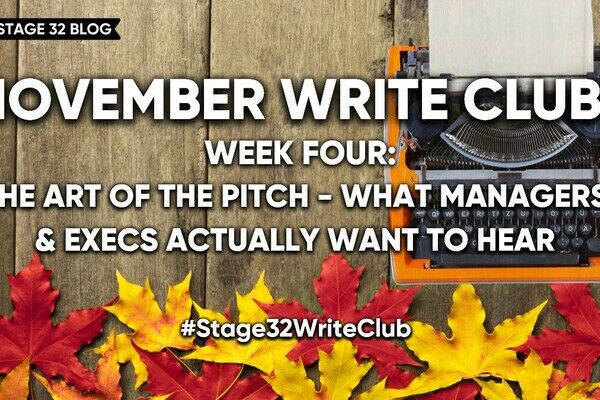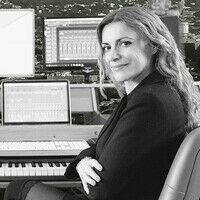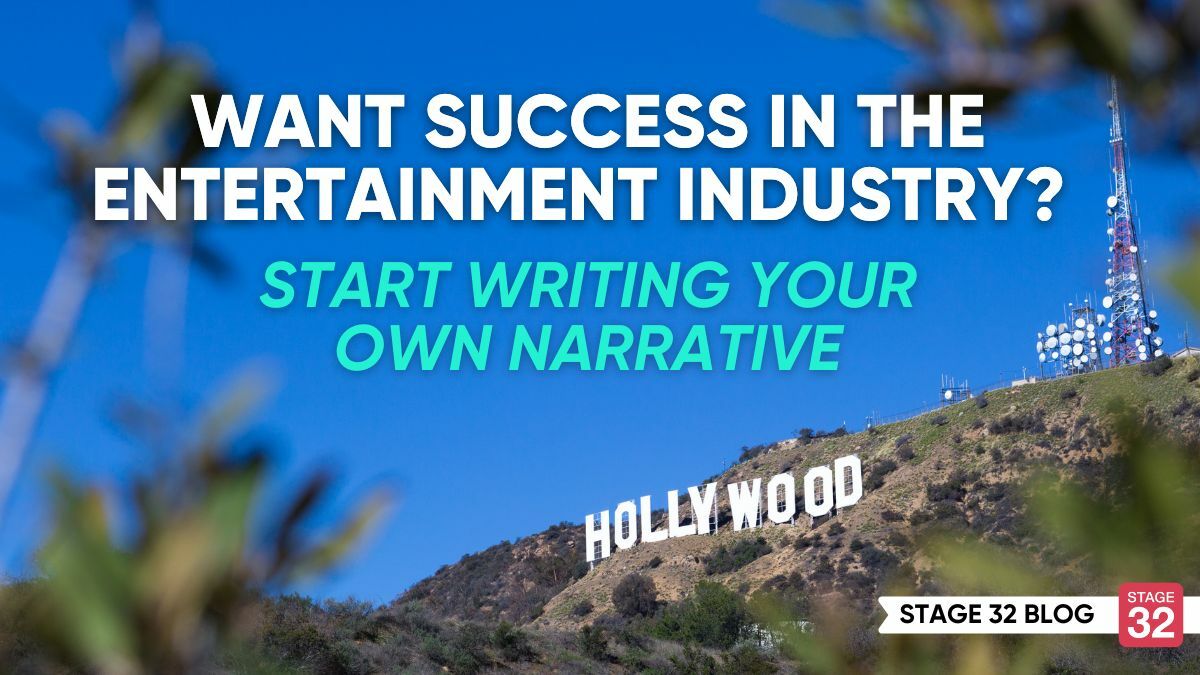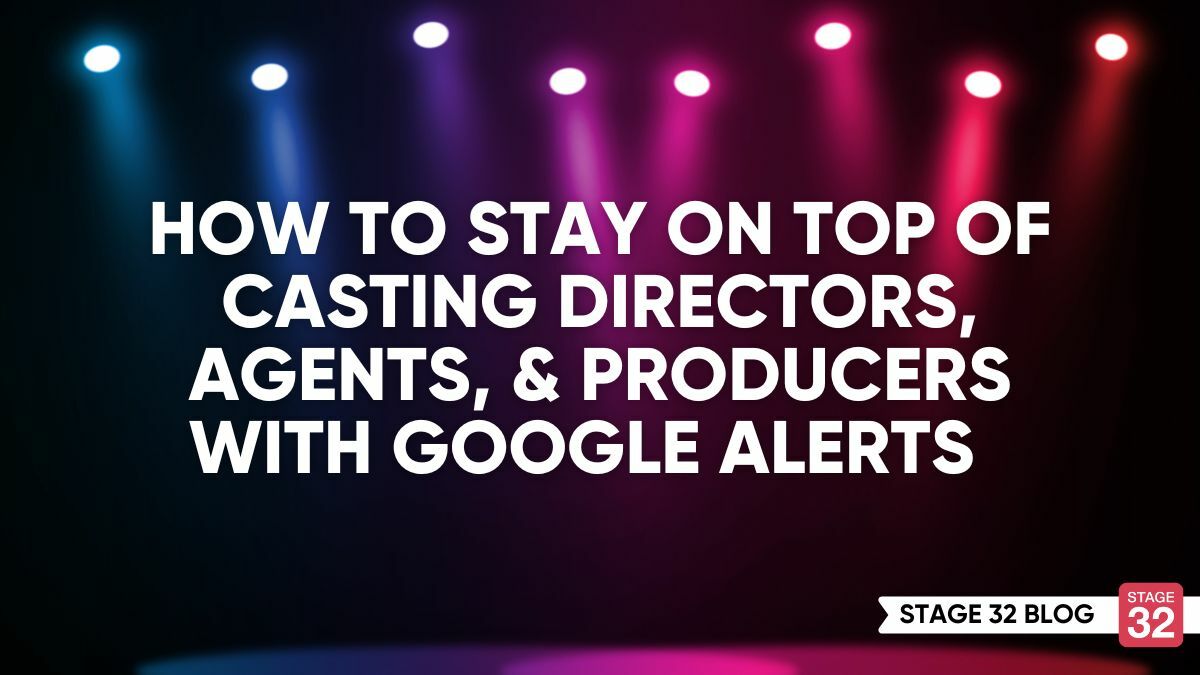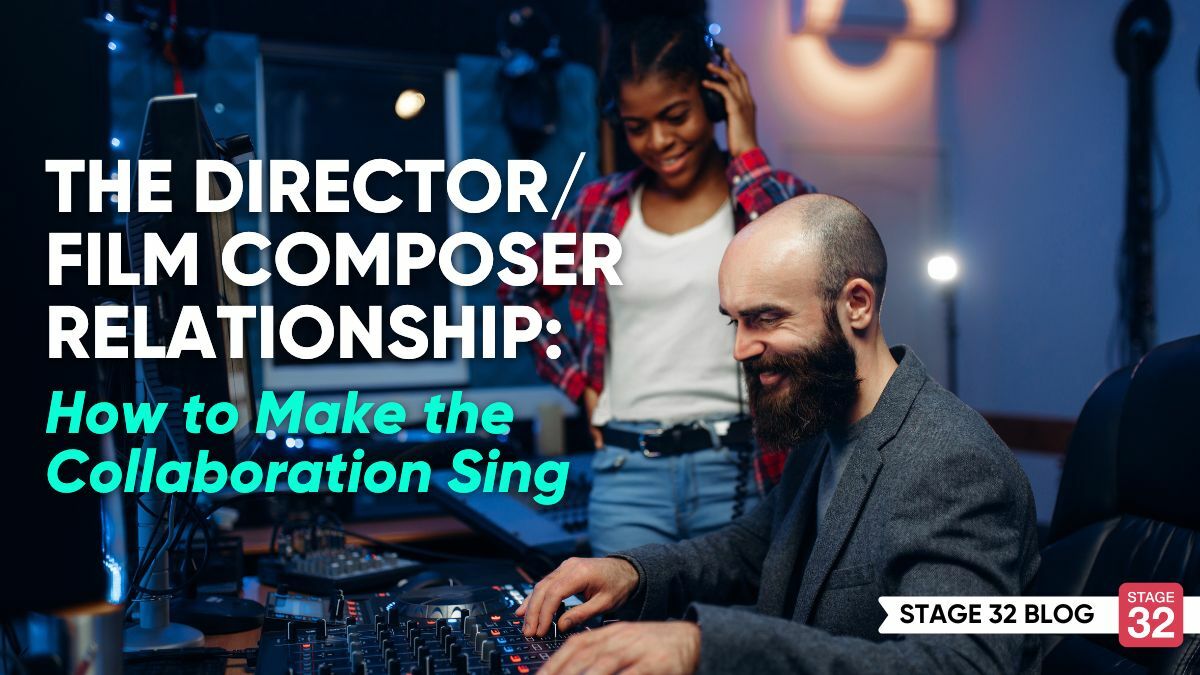The Director/Film Composer Relationship: How to Make the Collaboration Sing
So you landed a job as a composer for a Film. Congratulations! But now where do you start? I think a good point is to build a positive relationship with your Director. That could definitely contribute to the success of your gig.
Like any other kind of human relationship, there are no rules to make it work and there is always room for improvement, but here you’ll find some tips and thoughts, based on my experience, that I think might be helpful.
Let’s suppose you have negotiated the deal, the agreement is signed and so you can focus on the creative part of the job. I usually prefer to negotiate and sign the agreement before anything else for this reason.

THE FIRST CONVERSATION
Film making being a collaborative process I think it is a good plan to take some time to get to know each other a bit, possibly talking at first more about who you both are than about what you do. Share some personal experiences in filmmaking and not. Connect. Open up.
You’ll find you have different backgrounds almost for sure, but never forget:
- you are sharing the same goal which is to make the best film possible. Just like for a sports team: different roles, but the same tactics and objectives. This goal is common ground that will keep the relationship going.
- show you care: Before having this first conversation (or better even before pitching for the gig) do your research and find out as much as possible about the Director and the project. Better be over-prepared than underprepared.
MUSICIANS HAVE GOOD EARS: SO LET’S LISTEN, LISTEN, AND LISTEN AGAIN
The moment Directors reach out to composers, they have already been through a lot to get the film done. Funding, planning, casting, location scouting, shooting, editing just to say a few… It is normal that you might perceive some anxiety and loads of expectations. Don’t take this as a burden or lack of confidence in your work. You feel like every gig is a new challenge and you feel responsible for making or breaking the film? Don’t worry. This happens to A-Lister composers as well. It is normal. Try and think of the gig as an exciting opportunity to grow both as a person and as an artist. Stay positive. The production has chosen you. They believe in you. So should you.
Stay focused on the present and always listen very carefully to whatever the director says. Once the ice is broken you’ll realize you already have some very valuable information on how to conduct the collaboration and how to approach the music writing, too.

BREAKING DOWN THE SCRIPT
Often composers get hired when the Director’s have a final (or almost final) cut for them to write the music on, but it is not unusual to get involved earlier. Personally, I like being involved as soon as possible. Of course, I won’t be able to actually score the film until I get the cut, but this way I’ll have some quiet time, far from the stress of the deadlines to hit, to read the script, to break it down and to take notes about the storyline, the characters and their psychological profile and evolution, their relationships and so on. I usually put down some general ideas and already get an overall sense of the film that will help me understand the Director’s vision and their interpretation of the story.
Knowing the script also leads to communication on the film based on emotions and on the story rather than on the music itself. Common ground!
WHAT TO TALK ABOUT WHEN TALKING ABOUT THE MUSIC
As said, Composer and Director play different roles and have different backgrounds, so unless the Director is a musician and/or specifically asks to know about any technicality of the music, it doesn’t make any sense to say things like: “ I will put a tuba there, a bass clarinet here, then I’ll go from 4/4 to 5/4 and I’ll go 128 bpm” and so on. Better to use expressions like: “what do you want the music to enhance? What’s the message, the emotion here? What’s the point of view?”
It might be the feeling of a particular character, or a relationship, or a mood change, it might be something we see on screen or something we don’t see, but it is essential for you to understand what the Director wants to hear. That’s why a good, detailed spotting of the film is essential.

THE SPOTTING SESSION: YOUR GOLD MINE
Before you start scoring, you and the director will meet and watch the film together. The Director will tell you the spots (time code} where they feel each music cue should go in and out and what they should convey. I usually ask for permission to audio record the spotting session, so that I can fully concentrate on the human and professional interaction during the meeting and then take detailed notes after. I do the same for the e-meetings.
Working remotely is happening very often now because of the pandemic, but I experienced many collaborations like these in the past as I am based in Los Angeles and score films from Europe as well. In some cases, after a first and second conversation about the film, the directors themselves offered to write the spotting notes / cue lists and to send the document to me. It worked really well and the collaborations were all really smooth.
The spotting notes are as valuable as gold for you in order to write a successful score. The more spotting notes, the better. It is very important that you get out of the spotting session with many directions and no doubts.
DON’T BE AFRAID OF ASKING QUESTIONS
We work in a field that is subject to personal interpretation, so, if I am not sure, I’d rather ask questions so that I really get what the Director expects to hear. Asking (sensible and essential questions of course), it is also a good reminder that you care and really want to do your best for the film, that you really want your music not only to accompany the story but to be part of it.

DON’T BE AFRAID OF TEMP MUSIC
I’ve heard several opinions and critiques on temp music, the place holder put on a film to give an idea on where and how the score should sound. Sometimes composers say it constricts your inspiration and your creativity, I have worked with and without temp music, but in my experience, both cases are ok as long as you have open and very detailed conversations about the Director’s Vision and expectations. Try and understand if the temp music choices are just a matter of taste and how much the Director is actually attached to them. Since every single scene can be scored in many ways, temp music can help narrow down your choices. Directors and Composers speak different languages and Music is a universal one, so it might be easier for you to be given a temp track as a reference than for the Director to try and communicate in words the kind of music they would like to hear.
At this point of the process, anyway, you probably have already won the Director’s trust and you will be able, even with the temp music in mind, to create something new, to put your stamp on the score, so that it won’t sound like a copy, but it will become the film’s unique, distinctive voice. Make sure your Director knows you are aiming at that. It is always appreciated.
BE COMMUNICATIVE
Keep the Director updated on what you’re doing, sending notes like: “I am working on that scene and really enjoying it, particularly” and add some details) or send a picture or two, (never underestimate the contagious power of enthusiasm). For example, one time I was scoring an action scene and had just recorded the sound of a wood spoon on a bowl to create an original percussion sound and sent the picture to the Director. Shared excitement and creativity show you are inspired by the film and are eager to do a great job. It will make the Director happy and will help you sell the score.

"THERE IS NEVER TRAFFIC ON THE EXTRA MILE"
This quote I heard from Chris Walden, an amazing mentor I met in LA at Capitol Studios for a Masterclass in composing, conducting, and recording, is always in my mind. Doing a little bit more than expected is good to the eyes of a Director. It means you care, you are committed and you understand your task. It will relieve the Director of (and consequently you) a lot of stress and pressure. Being proactive makes you start off on the right foot and it can usually spare you some headaches later.
Just an example from my experience: I got asked to write a score for an animation western by writer-director Wendy Wolverton. She sent me the script and told me she was looking for a big orchestral score in the style of Ennio Morricone’s music for Sergio Leone’s films. We set a meeting at my studio a few days later to watch the director’s cut and to talk about the music. I started that meeting telling Wendy and producer William Brown that I had a surprise for them. I played the main character theme I had already written and produced based on the script and the music reference. They were so pleasantly surprised, enthusiastic. That music became the opening theme for the film and that day a beautiful working relationship started. We still collaborate and have become good friends too, as it often happens with good creative collaborations.

DIFFICULTIES? HANDLE WITH CARE
- You feel like your background doesn’t fit 100% the kind of score you’re expected to deliver. No panic. Every project is a new challenge. Every Director has their own vision, that doesn’t mean you’re destined to fail. In every new project you’re given the chance to push beyond your boundaries and improve your skills and to learn something new about yourself in the process. This is only an apparent problem. It is an opportunity.
- Getting a merciless critique? Do your best to keep it on a professional level rather than on a personal one. Filmmaking is a fun, but pretty stressful job and often there is simply no time for people to “sweeten the pill” for you. Also, a critique of your work is not a critique to you, it is not about your worth as a composer. It is about the music working or not working on the film according to the Director’s vision; remember: both you and the Director just want things done with the best possible result. Stay focused on that. That doesn’t mean accepting not being respected, this is another kind of issue that should be treated on its own if it happens, but that’s another (unfortunate) case.
- Revisions and rewrites: Even when you’re asked to rethink your composition or to do a complete rewrite of a music cue or a theme, it is still not about you. The Director just feels like the music isn’t there yet. Just like when he directs actors on set. He will shoot and shoot again until he feels he’s got what he/ the film needs. The same for the music. Consider music as a further character that needs to be played according to the Director's instructions.
- Working Remotely: In this case, you are not able to “read the room”, so it is even more important to be communicative and to listen carefully. Make sure you understand everything about what you are expected to deliver and don’t let the communication die. Sometimes just a quick “Hi, just checking in to tell you that all is well in my studio and that I am creating…. and I will deliver this and that as planned” is more than enough to let the Director feel less anxious. Directors don't have control over the music creation process and so a bit of anxiety is understandable.

COMPOSER / DIRECTOR: THE DON’TS
- Don't miss a deadline - it is the worst thing you can do to the relationship with your director and to your career. As difficult as it can be, plan as much as you can in advance, work hard (it is a wonderful, but demanding job), and just make it happen. There are no excuses for a missed deadline. It may sound harsh, but this is how the industry works. I usually plan to be finished a couple of days before the actual deadline, so that I have some margin if something unexpected happens.
- Don't Talk about problems you are having scoring the film. Your role is to help, to support, and to carry on the project with your creativity and best use of your craft. Be a positive, efficient team player. It will be appreciated and it will always make you look professional. Believe in yourself and in what you do and don’t let the worries slow you down.
- Don't Try to change the director’s point of view to match yours. You and the Director can have different points of view on the music, but at the end of the day it is not your call to decide what music works better, it’s the Directors. You are serving the project, not the other way round. So, even if you don’t agree in terms of principles, you’ll have to step back and accept the creative decisions. Think of the film as if it was your nephew, but it is the director’s baby. You might give suggestions, but the final decision is not up to you.
LAST BUT NOT LEAST: ENJOY THE RIDE
Making music for film is a lot of fun. You get to work with so many people, collaborate, accept challenges, get better at your work, and at human relationships and also, once your work is out there, so is your name as a composer. If you can build good relationships with the directors you work with, you’ll find yourself not simply getting gigs, but building a career.
Eighty percent of the opportunities I get don’t come simply from my portfolio but from referrals. Work hard and be kind and doors will open for you. Every work well done brings more work. I can assure it really goes this way! So keep going and have fun! Good luck!
ABOUT ELENA MARO

Born and raised in Italy, Elena Maro is a Los Angeles based composer for Film, Media, TV and Theatre, songwriter, and singer.A former professional ballet dancer, orchestra lead singer, and studio and TV vocalist, before moving to USA in 2016, Elena worked for many years as a singer songwriter, composer, sound design artist, actress and playwright for theatre productions also with symphonic orchestras and popular Italian singers and actors.As a freelance composer, she has completed several Film, TV and Advertising projects, for clients both from Europe and from USA, while at the same time she has been writing additional music for films on Lifetime, Ion Television, Channel 5 UK, Amazon Prime and other VOD Platforms. She is a Television Academy Voting Member.
She is the recipient of four Global Music Awards, one for the Orchestral Suite #1 from her score for the western film “Miss Happy” and others for her scores for documentaries. Her Christmas Jazz Song “As Long As You Are Near”, recorded at Capitol Studios during Chris Walden Masterclass, was awarded an honorable mention as a finalist at The Great American Song Contest in 2019.Elena is the lyricist for “Today - Say No to Child Labour”, a pop song included in the world campaign against child labour by ILO - UN Agency. The line she wrote ”give the voiceless your voice” is the concept that moved her to make music for media. She says: “I want to make music with meaning for meaningful projects”.Elena keeps on developing her craft and musical voice and her eclecticism covers a wide variety of styles.She loves thinking outside the box and creating every time unique, distinctive scores and songs that will give each project a recognizable sound.Her approach to scoring is, first and foremost, to serve the story with honesty and respect.
Let's hear your thoughts in the comments below!
Got an idea for a post? Or have you collaborated with Stage 32 members to create a project? We'd love to hear about it. Email Taylor at taylor@stage32.com and let's get your post published!
Please help support your fellow Stage 32ers by sharing this on social. Check out the social media buttons at the top to share on Instagram @stage32 Twitter @stage32 Facebook @stage32 and LinkedIn @stage-32
Take Stage 32 with you! Download the Stage 32 app for iOS here. Android User? Click here for the Stage 32 Android App!
| Want Success in the Entertainment Industry? Start Writing Your Own Narrative |
| How To Stay on Top of Casting Directors, Agents & Producers with Google Alerts |
Search Stage 32 Blog
There are now 4039 blog posts for you to enjoy. Search them all by tags below.
Acting, Advice, Cinematography, Coffee & Content, Composing, Contests, Distribution, Featured, Filmmaking, Financing, Inspirational, Networking, Producing, Screenwriting, Success Stories, Tips, Trending,Relevant Tags
Recommended Articles

Find Your Footing on Stage 32: Join Our December Community Open House
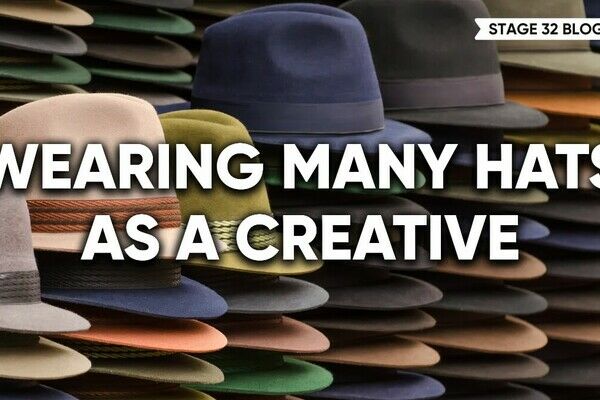
Wearing Many Hats As A Creative

Insider Intel: Packaging your Project- The Chicken or the Egg Dilemma
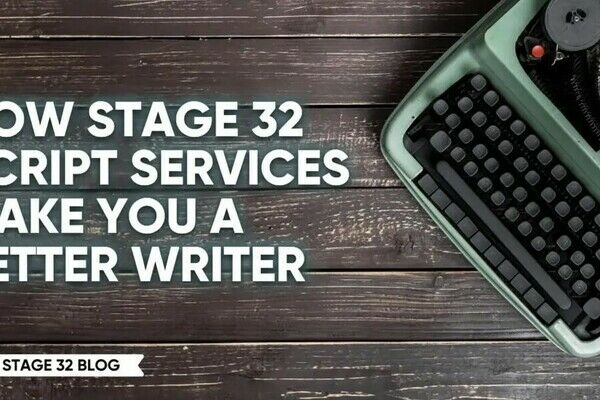
How Stage 32 Script Services Make You A Better Writer

Coffee & Content: The Genius of Weapons and How to Know When Your Script Is Ready

Green Lights and Grey Areas: Expanding Creative Collaboration in Publishing

How Modern Franchises Became Our New Religion
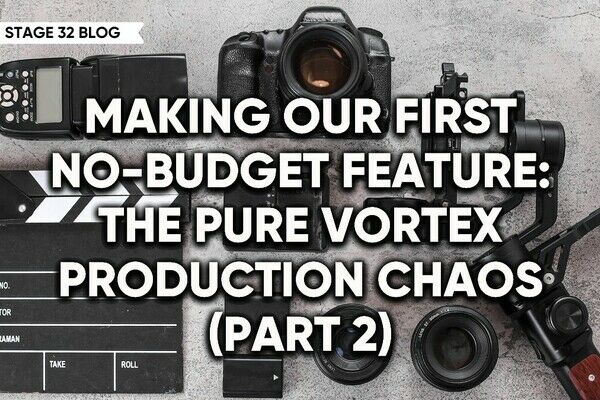
Making Our First No-Budget Feature: The Pure Vortex Production Chaos (Part 2)

Stage 32 Certification Featured In IndieWire!
